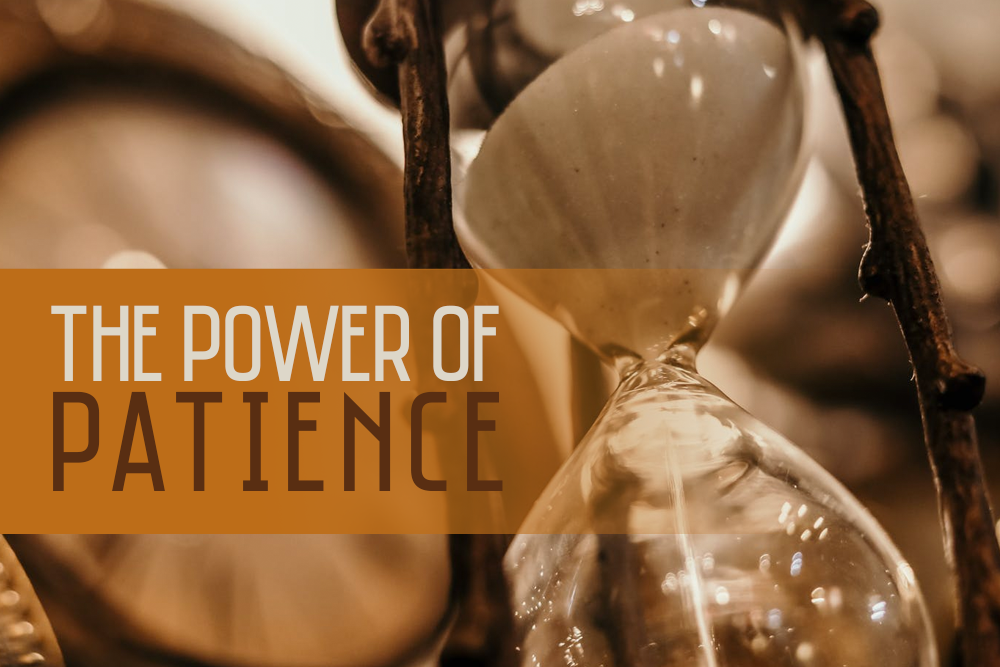The Israelites who yearned for the onions, garlic and meat of Egypt had blotted from their memories the bondage, toil and misery of that land (see Numbers 11:5).
Difficult times call for believers to look forward to the Promised Land, not back to Egypt. The future ultimately will be better than any past or any present, however good.
James, in his general letter, continues this theme of looking forward. Notice the number of times he references the ‘Promise Land’ of the Lord’s return in his exhortation for endurance.
“Be patient, therefore, brothers, until the coming of the Lord. See how the farmer waits for the precious fruit of the earth, being patient about it, until it receives the early and the late rains. You also, be patient. Establish your hearts, for the coming of the Lord is at hand. Do not grumble against one another, brothers, so that you may not be judged; behold, the Judge is standing at the door. As an example of suffering and patience, brothers, take the prophets who spoke in the name of the Lord. Behold, we consider those blessed who remained steadfast. You have heard of the steadfastness of Job, and you have seen the purpose of the Lord, how the Lord is compassionate and merciful.”
(James 5:7-11 ESV)
Three times James alludes to the Lord’s return. The question becomes: how then do we patiently wait for that return?
In response to that question the Lord’s half-brother gives three examples: a farmer, the prophets, and Job. These in turn can represent our lifestyle (farmer), ministry (prophets), and personal trials (Job).
A farmer’s life must be one of patience—there is no real way to speed up the growth of a crop. And there is no real way to control the weather, so he learns to work within those parameters. Why? Because the “fruit” is precious. It is well worth the wait.
The use of “precious” is interesting to note as James describes the rewards of a farmer’s patience as reaping “precious fruit.” James wants us to realize just how valuable the harvest will be.
Peter used “precious” (timios) in describing the blood of Christ (1 Peter 1:19); the promises of the Word (2 Peter 2:4); and the trials of our faith (1 Peter 1:7). Thus, the “fruit” of the Lord’s return is well worth our patient waiting.
Not all of James’ readers were ministers; yet, he used the prophets as an example of patience. This speaks to the work the Lord has for each of us. It is in that work all of us should “speak in the name of the Lord.” In that speech we understand that it will garner persecution and suffering. Maybe the anguish and distress will not be to the extent of the prophets, but it will be a relative suffering and persecution nonetheless. However, it will be worth it, because the end result (the Lord’s return) is precious.
Finally, James uses Job as our example of steadfastness. His inclusion represents the trials of faith that will come our way—not maybe come our way, or could come our way—but will come our way. We can be encouraged as we patiently walk through those trials. Whether we did well or stumbled along the way, that the Lord is compassionate and merciful towards us as we learn to endure.



